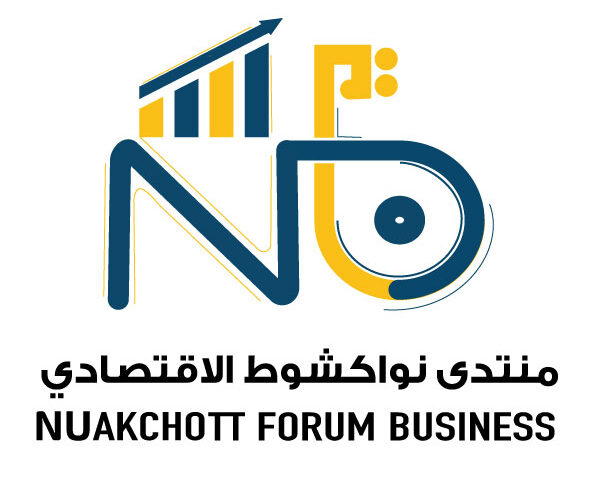The African Union has drawn up a number of continental youth development policies and programs aimed at ensuring that the continent reaps the benefits of its demographic dividend. These include the African Youth Charter, the Youth Decade Action Plan and the Malabo Decision on Youth Empowerment, all of which are being implemented as part of the various programs of the AU’s Agenda 2063. The African Youth Charter aims to protect young people from discrimination and guarantees them freedom of movement, speech, association, religion, property and other human rights, while committing to promoting their participation in society.
BADEA, the African Bank for Economic Development in Africa, has also made strong commitments in its 2030 strategy to an inclusive economic transformation program focused on African youth and women. The Nouakchott forum will be an important opportunity to address these issues, which will undoubtedly be of interest to all the continent’s major economic and political players. Africa’s human potential is unanimously recognized as a great source of hope for the continent’s economic development. Women and young people can make a major contribution to the fight against underdevelopment and poverty in Africa, provided they are given the means to do so. Their role is often downplayed, even though, for example, aid programs are more effective when women are involved in development activities. Literacy accelerates economic growth, and access to water and microcredit can transform the lives of women and, incidentally, their families. Discrimination against women can no longer be justified, as their average income for the same work is 30 to 40% lower than that of men.

